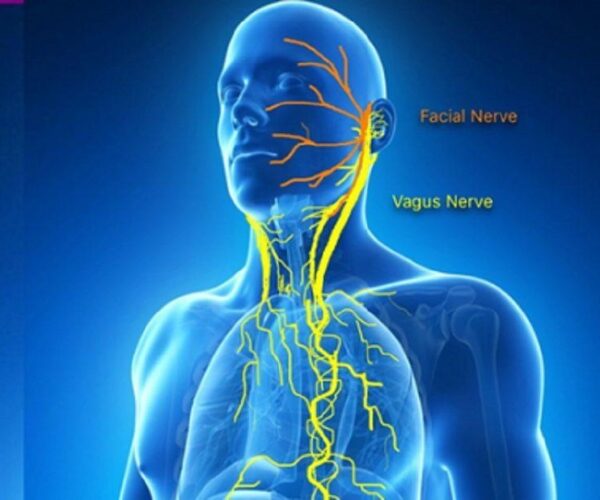The vagus nerve is a long, thin nerve that extends from the brainstem to the abdomen. It is one of the 12 pairs of cranial nerves, and is also known as cranial nerve X. The vagus nerve is important for many functions, including heart rate, digestion, and immune response. The vagus nerve gets its name from the Latin word “vagus”, meaning “wandering”. This is because the nerve wanders through many different organs in the body. The vagus nerve is the longest of the cranial nerves, and has many branches that innervate different organs. The vagus nerve is important for many functions in the body. It plays a role in heart rate, digestion, and immune response. The vagus nerve is also involved in the regulation of blood pressure and blood sugar levels.
What is the vagus nerve?
The vagus nerve is a cranial nerve that extends from the brainstem to the abdomen. It is the longest and most complex of the cranial nerves, and is responsible for many important functions. The vagus nerve is a mixed nerve, meaning it contains both motor and sensory fibers.
The motor fibers control the muscles of the throat and larynx (voice box), and also help to regulate the digestive system. The sensory fibers carry information from the body to the brain, such as information about touch, temperature, pain, and blood pressure. The vagus nerve is an important part of both the enteric nervous system (ENS) and the autonomic nervous system (ANS).
The ENS is a network of nerves that controls the function of the gastrointestinal tract. The ANS is responsible for regulating involuntary body functions, such as heart rate, blood pressure, digestion, and respiration. The vagus nerve plays an important role in many different body systems, including the cardiovascular system, the digestive system, and the respiratory system. It is also involved in some cognitive functions, such as memory and learning.
The Function of the Vagus Nerve
The Vagus nerve is responsible for a variety of functions in the body, including:
- Controlling the movement of food through the digestive system
- Regulating heart rate and blood pressure
- Stimulating the production of saliva and stomach acid
- Assisting with breathing
- Transmitting information from the gut to the brain
The Vagus nerve and the enteric nervous system
The Vagus nerve is the longest and most complex of the cranial nerves. It extends from the brainstem all the way down to the abdomen, and innervates many organs along the way. The Vagus nerve is particularly important for the function of the digestive system, as it is responsible for relaying information between the brain and the gut. The enteric nervous system (ENS) is a network of nerves that runs through the entire gastrointestinal tract. The ENS is responsible for coordinating all of the activities of the digestive system, from peristalsis to nutrient absorption.
Conclusion
In conclusion, the vagus nerve is an important part of the human body that plays a role in many different systems. It is responsible for communication between the brain and the gut, as well as regulating the autonomic nervous system. The vagus nerve also has a role in the cardiovascular system, and can be used to treat conditions like heart failure and arrhythmias.



